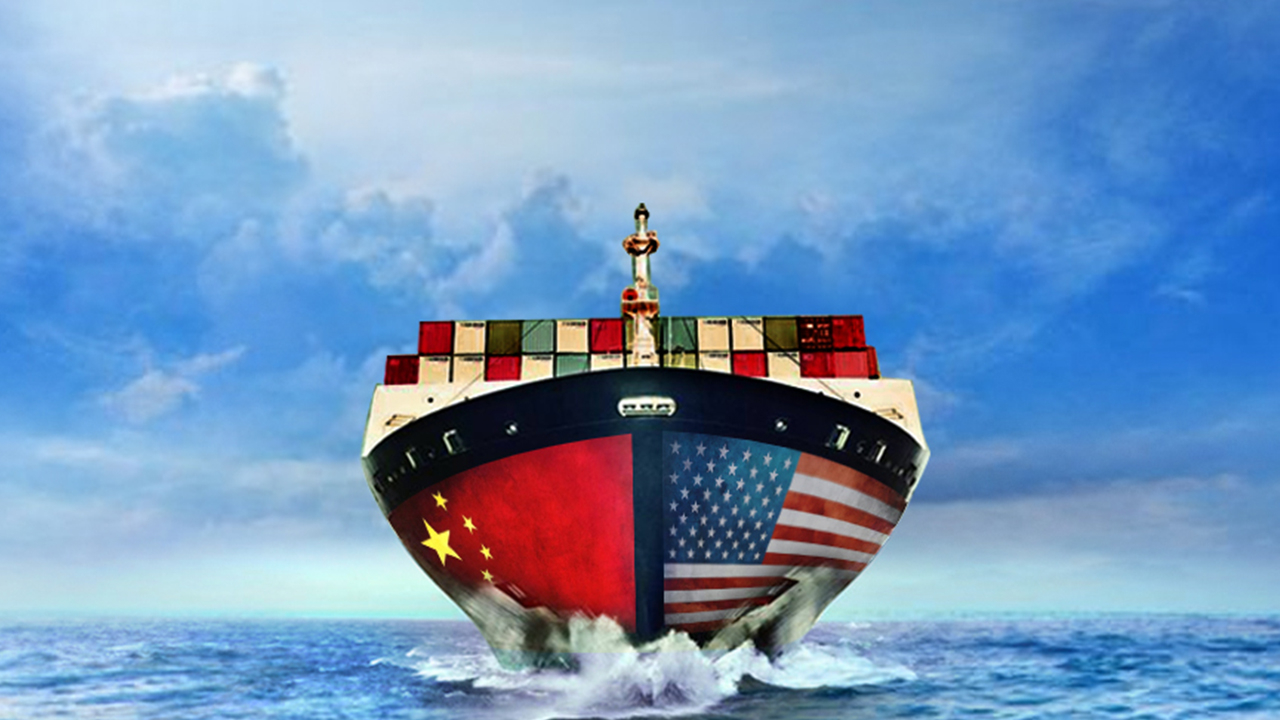
Opinions
14:55, 07-Aug-2018
China-US trade war one month on, experts calling for ceasefire
Updated
14:39, 10-Aug-2018
CGTN's World Insight
02:00

It's been over a month since US tariffs on Chinese goods took effect. After the two countries enacted tit-for-tat tariffs, the trade dispute has entered a new phase and there's no sign of stopping.
Jeffrey Schott, senior fellow from the Peterson Institute for International Economics, calls for a ceasefire during an interview with CGTN's World Insight with Tian Wei, saying the trade war will end in lose-lose.
"There never is a winner in a trade war. When you impose duties on your trade, it hurts your consumers, your exporters, as well as your opponents. So it’s a lose-lose. The sooner we stop shooting at each other and sitting down at the table to talk, the better both countries will be," said Mr. Schott, who has been working on international trade policy and economic sanctions for decades.
Huang Zhengyu, former White House fellow during the Obama years, believes that the trade war may have gone beyond simple disputes in import and export.
"It involves discussions around market access for China, intellectual property protection, US restrictions on investment and technology, and geopolitical maneuvering in the Asia-Pacific. So I think this is a larger issue and that will not be resolved simply by discussions over trade," said Mr. Huang.
While both countries have filed charges against each other at the World Trade Organization, Mr. Schott pointed out that there's mistrust in Washington about the efficacy of finding a solution in WTO.
"Unfortunately the WTO has not been very productive in producing new rules and dealing with this type of problems in its 20-year history. Indeed, the US and China will have to take the lead and work together, if there’s going to be any type of progress done in Geneva (WTO).
It’s hard to do that when you’re fighting with each other, so we have to get a ceasefire first on our current trade spat, and then be able to deal with long-term problems," said Mr. Schott.
The US began to impose 25-percent additional tariffs on 34 billion US dollars’ worth of Chinese goods on July 6, pulling the trigger of a trade war.
The tensions heightened over the past month. The US announced on Aug. 1 that it would increase the proposed additional duty on 200 billion US dollars of Chinese goods from 10 to 25 percent.
In response, China on Aug. 3 announced a plan to impose additional tariffs on US imports worth 60 billion US dollars.
As the trade war goes on, many fear that the repercussions of the trade war will not be limited to China and the US.

SITEMAP
Copyright © 2018 CGTN. Beijing ICP prepared NO.16065310-3
Copyright © 2018 CGTN. Beijing ICP prepared NO.16065310-3